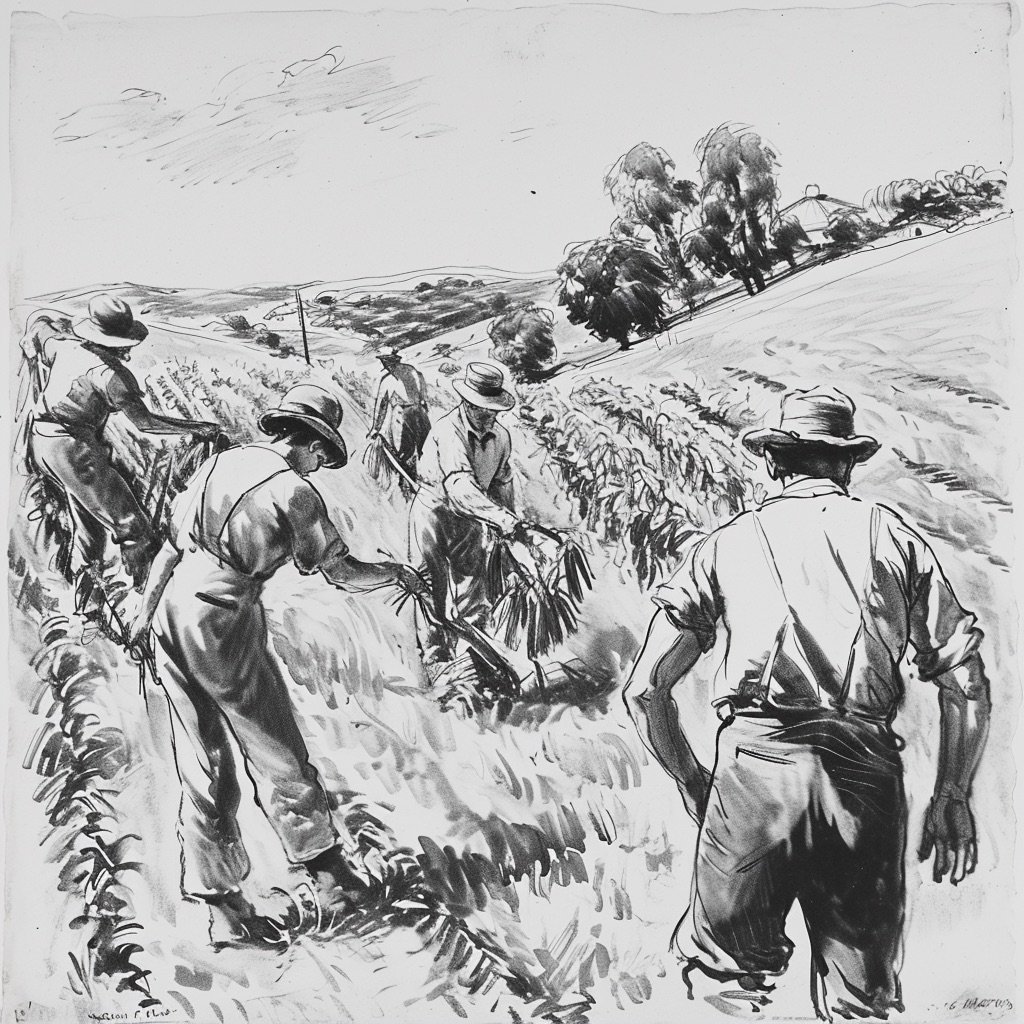In summer, the Polish harvester came with their families to bring in the harvest. The grandmother – the babushka – stayed in the barn with the smallest children, where everyone slept, and took care of the dinner.
This post has been moved. Please follow us on Medium to read and/or listen (!) to it in full.
The Bright Side of the Doom, a Prequel to 1984, The 18-Year-Old Who Wrote a Note and Disappeared is now available worldwide in bookstores as a hardcover, paperback, and e-book‼️
